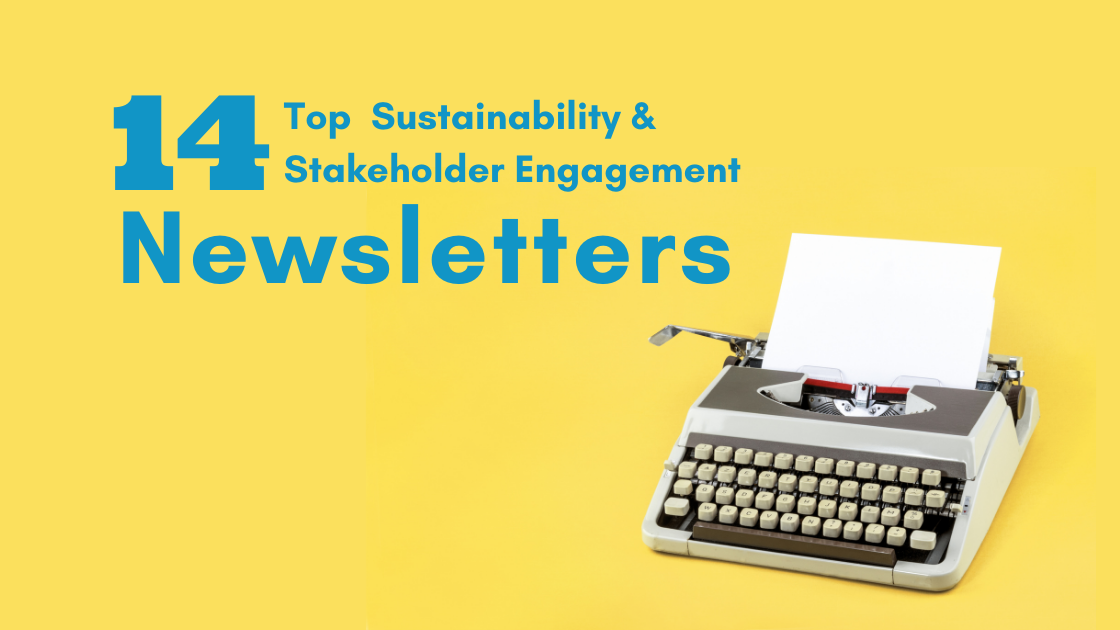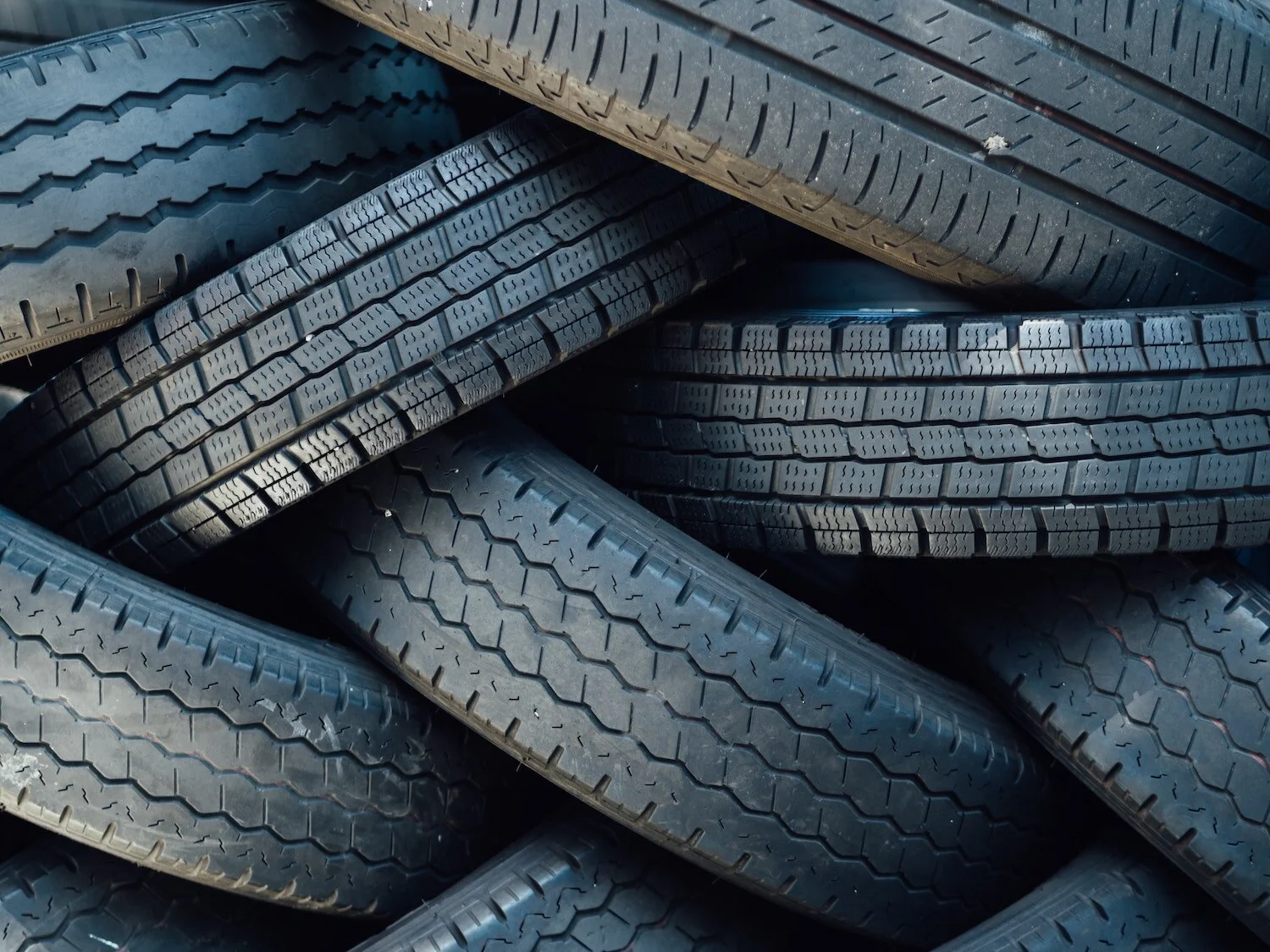Fist Bump: Kayaks, Fleece, and Market Forces
REI raises the bar with their sustainable purchasing standards – and hikes up the incentive for lower-impact products in the outdoor industry and beyond.
Editor’s note: We’re introducing a new recurring feature to salute exceptional corporate efforts and actions to drive deep change. If you know of a company that you feel deserves a Future 500 Fist Bump, please let us know via fistbump@future500.org.
Bump to: REI, the outdoor-equipment retailer active in 154 locations across the United States. The co-op logged a record $2.62 billion in sales in 2017, and returned over $196 million to its family of 17 million members in the form of annuad rebates.
Bump for: The co-op’s Product Sustainability Standards that will apply to the 1,000+ brands sold by the outdoor retailer and be phased in by the fall of 2020.
The scoop: The Standards outline the co-op’s expectations for how the companies it distributes manage a range of environmental, social, and animal-welfare impacts throughout their supply chains. As of fall 2020, brands seeking shelf space in REI’s stores and website will need to demonstrate compliance with a specific set of requirements, that run the gamut from labor conditions to restricted substances to responsible land stewardship. For example, the co-op will require suppliers of all sun-protection products to ditch the oxybenzone, a known contributor to coral bleaching.
What makes it bumpworthy: With some notable exceptions, social and environmental impacts in the retail sector overwhelmingly unfold upstream – in their supply chains. In one of the best examples of "Regulation by Retail" we've seen to date, the Standards tackle this head-on. And because the products sold at REI are also sold by many other retailers, the co-op’s policy will inevitably cascade across the sector – raising the bar for the entire outdoor industry.
Bonus: Improving product sustainability only matters if consumers buy those products. REI’s new Standards offer a carrot to suppliers in the form of "preferred attributes." The co-op will spotlight products that meet specific criteria. For example, REI.com will now allow its customers to filter search results by sustainability attribute. This improved online and real-world shelf placement helps nudge brands to reduce the impact of their products.
Looking ahead: If you make outdoor equipment, you want your products at REI. This place is an adventure-gear sales powerhouse. Expect the entire outdoor industry to quickly start prioritizing products and policies that align with REI's expectations. Watch for retailers in other sectors – consumer goods, cosmetics, electronics, food and beverage – to begin implementing similar supplier standards. And as millennials drive demand for responsibly manufactured goods, e-commerce giants like Amazon will begin adopting similar filtering options – ƒallowing shoppers to quickly identify products that support their values.
Future 500 is a non-profit consultancy that builds trust between companies, advocates, investors, and philanthropists to advance business as a force for good. Based in San Francisco, we specialize in stakeholder engagement, sustainability strategy, and responsible communication. From stakeholder mapping to materiality assessments, partnership development to activist engagement, target setting to CSR reporting strategy, we empower our partners with the skills and relationships needed to systemically tackle today's most pressing environmental, social, and governance (ESG) challenges.
Want to learn more? Reach out any time.
Blog posts by Kellen:







